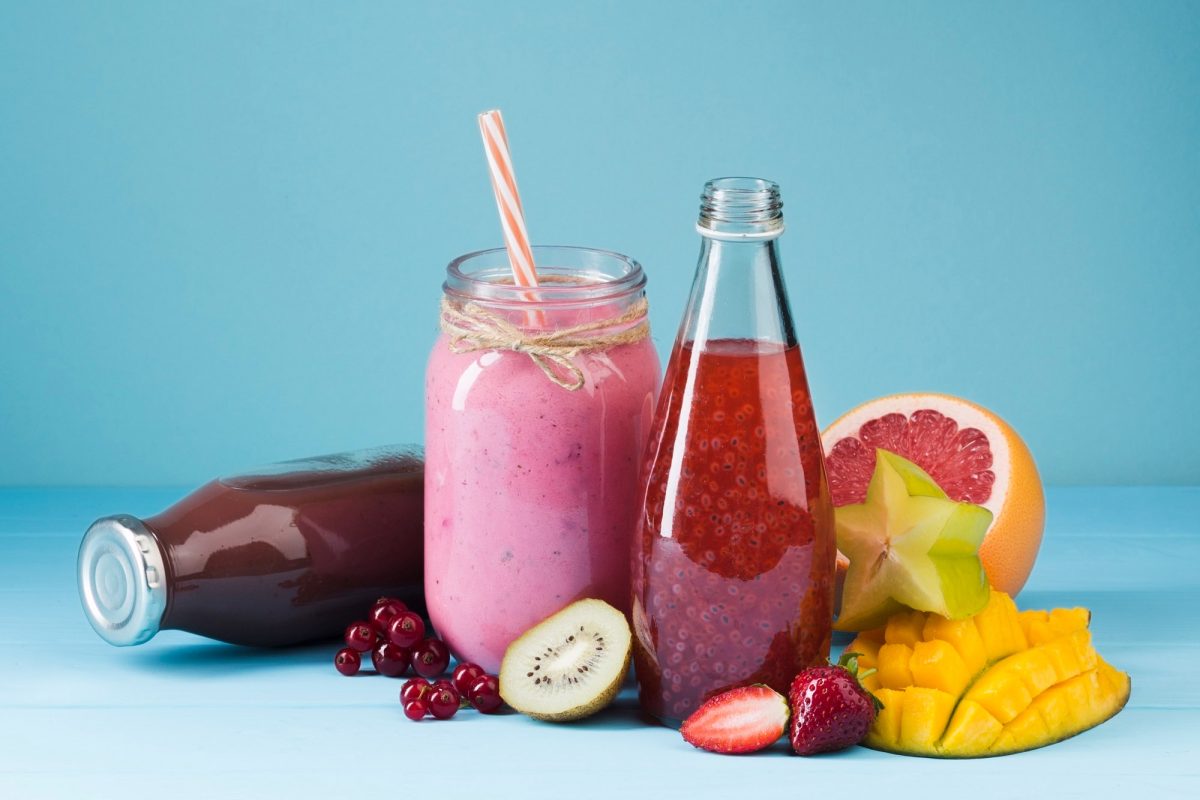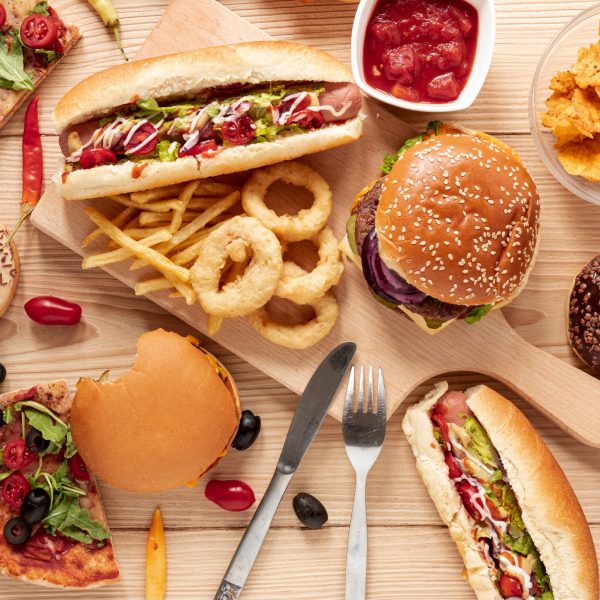When it comes to maintaining a healthy diet, it’s easy to focus solely on macronutrients like carbohydrates, protein, and fat. However, micronutrients are equally important for overall health and well-being. In this blog, we’ll delve into what micronutrients are, why they’re essential, and how to ensure you’re getting enough of them in your everyday diet.
What are Micronutrients?
Micronutrients are nutrients that the body needs in small amounts to function properly. Unlike macronutrients, which provide the body with energy, micronutrients are involved in many different processes that keep the body functioning optimally. The most common micronutrients are vitamins and minerals, which can be found in a variety of foods.
Why are Micronutrients Essential?
Micronutrients play a crucial role in maintaining overall health and well-being. They help regulate a variety of bodily functions, including immune system function, energy production, and cognitive function. For example, vitamin C is important for immune system health, while iron is essential for the production of red blood cells. Deficiencies in micronutrients can lead to a range of health problems, including anaemia, a weakened immune system, and cognitive impairment.
Where can we get Micronutrients?
Micronutrients can be found in a variety of foods, including fruits, vegetables, whole grains, and lean proteins. It’s important to consume a diverse range of foods to ensure you’re getting enough micronutrients. In addition, many fortified foods, such as breakfast cereals and milk, are enriched with micronutrients to help individuals meet their daily requirements.
What are some Micronutrients and their Functions?
Here are some examples of important micronutrients and their functions:
- Vitamin A: important for vision, immune function, and skin health. Sources include sweet potatoes, carrots, and spinach.
- Vitamin C: important for immune function and skin health. Sources include citrus fruits, strawberries, and broccoli.
- Vitamin D: important for bone health and immune function. Sources include fatty fish, fortified dairy products, and sunlight.
- Calcium: important for bone health and muscle function. Sources include dairy products, leafy greens, and fortified foods.
- Iron: important for the production of red blood cells. Sources include lean meats, legumes, and fortified cereals.
- Zinc: important for immune function and wound healing. Sources include lean meats, seafood, and whole grains.

How can we Ensure we’re Getting Enough Micronutrients?
The best way to ensure you’re getting enough micronutrients is to consume a diverse range of foods. Aim to eat a variety of fruits, vegetables, whole grains, lean proteins, and dairy products. In addition, it’s important to read food labels to identify fortified foods that may contain additional micronutrients.
If you’re concerned about your micronutrient intake, it may be helpful to consult with a registered dietitian. A dietitian can help you develop a balanced eating plan that includes all the necessary micronutrients for your age, gender, and activity level.
What are some Unique Pointers to Keep in Mind?
- Be Mindful of Cooking Methods: Some cooking methods, such as boiling, can leach micronutrients from foods. To preserve micronutrient content, consider cooking methods like steaming or roasting.
- Don’t Overdo it on Fortified Foods: While fortified foods can be a good source of micronutrients, it’s important not to rely on them too heavily. Many fortified foods are also high in sugar and sodium, which can have negative health effects if consumed in excess.
- Consider Taking a Supplement: While it’s best to get your micronutrients from whole foods, supplements can be a helpful way to ensure you’re meeting your daily requirements. However, it’s important to consult with a healthcare professional before taking any supplements, as some can interact with medications or have negative side effects.
- Be Mindful of Food Pairings: Some micronutrients are better absorbed when paired with certain foods. For example, consuming vitamin C-rich foods with iron-rich foods can enhance iron absorption. It’s important to keep these pairings in mind when planning your meals to maximize your micronutrient intake.
- Choose Colorful Foods: A simple way to ensure you’re getting a variety of micronutrients is to choose colourful foods. Fruits and vegetables with vibrant hues often contain a variety of micronutrients, so aim to eat a rainbow of colours in your diet.
Takeaway
Micronutrients are essential for overall health and well-being, and it’s important to ensure you’re getting enough of them in your everyday diet. By consuming a diverse range of whole foods and being mindful of cooking methods, food pairings, and supplement use, you can ensure you’re meeting your daily requirements and optimizing your health. So, next time you sit down to eat, remember to include a variety of colourful foods to keep your body healthy and functioning at its best!





















Share this article